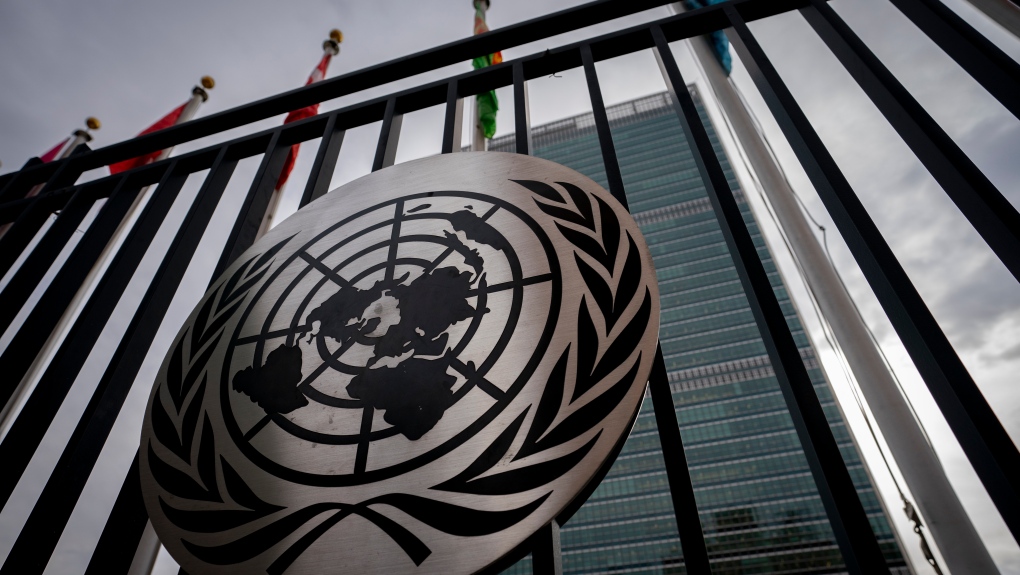
U.S. spearheads first UN resolution on artificial intelligence, aimed at ensuring world has access
CTV
The United States is spearheading the first United Nations resolution on artificial intelligence, aimed at ensuring the new technology is 'safe, secure and trustworthy' and that all countries, especially those in the developing world, have equal access.
The United States is spearheading the first United Nations resolution on artificial intelligence, aimed at ensuring the new technology is "safe, secure and trustworthy" and that all countries, especially those in the developing world, have equal access.
The draft General Assembly resolution aims to close the digital divide between countries and make sure they are all at the table in discussions on AI -- and that they have the technology and capabilities to take advantage of its benefits, including detecting diseases, predicting floods and training the next generation of workers.
The draft recognizes the rapid acceleration of AI development and use and stresses "the urgency of achieving global consensus on safe, secure and trustworthy artificial intelligence systems." It also recognizes that "the governance of artificial intelligence systems is an evolving area" that needs further discussions on possible governance approaches.
U.S. National Security Advisor Jake Sullivan said the United States turned to the General Assembly "to have a truly global conversation on how to manage the implications of the fast-advancing technology of AI."
The resolution "would represent global support for a baseline set of principles for the development and use of AI and would lay out a path to leverage AI systems for good while managing the risks," he said in a statement to The Associated Press.
If approved, Sullivan said, "this resolution will be an historic step forward in fostering safe, secure and trustworthy AI worldwide."
The United States began negotiating with the 193 UN member nations about three months ago, spent hundreds of hours in direct talks with individual countries, 42 hours in negotiations and accepted input from 120 nations, a senior U.S. official said. The resolution achieved consensus support from all member states and will be formally considered later this month, the official said, speaking on condition of anonymity because he was not authorized to speak publicly.





















 Run 3 Space | Play Space Running Game
Run 3 Space | Play Space Running Game Traffic Jam 3D | Online Racing Game
Traffic Jam 3D | Online Racing Game Duck Hunt | Play Old Classic Game
Duck Hunt | Play Old Classic Game